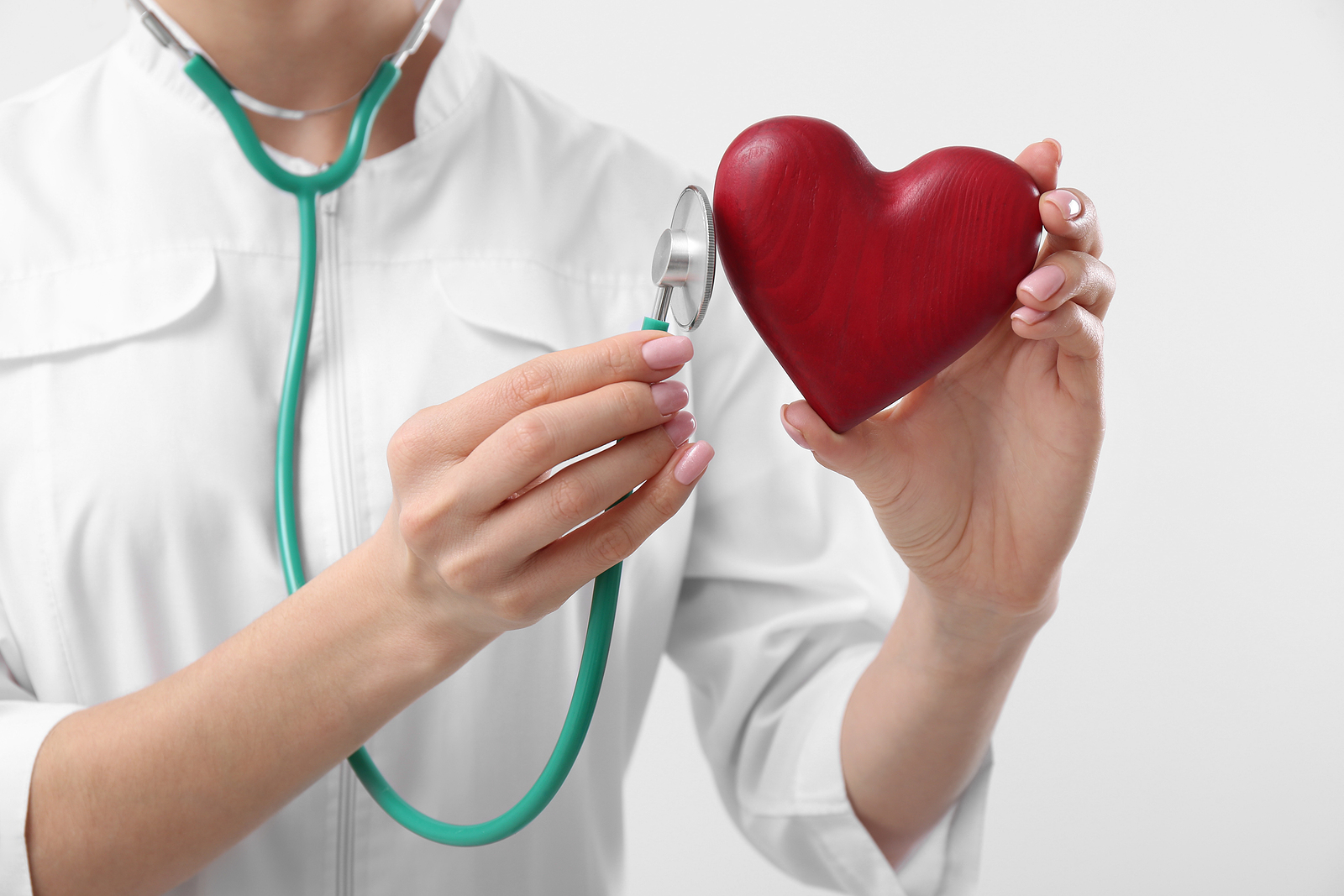HOME > SERVICES > EVALUATION AND MANAGEMENT OF HEART DISEASE > Adult Congenital Heart Disease >
Adult Congenital Heart Disease

Congenital heart disease is one or more problems with the heart’s structure that exist since birth. Congenital means that you’re born with the condition. Congenital heart disease in adults and children can change the way blood flows through the heart.
There are many different types of congenital heart defects. This article focuses on congenital heart disease in adults.
Some types of congenital heart disease may be mild. But complex defects may cause life-threatening complications. However, advances in diagnosis and treatment continue to improve survival for those with congenital heart disease.
People with congenital heart disease need lifelong medical care. Treatment may include regular checkups (watchful waiting), medications or surgery. If you have adult congenital heart disease, ask your health care provider how often you need a checkup.
- Atrial septal defect (ASD)
- Atrioventricular canal defect
- Bicuspid aortic valve
- Coarctation of the aorta
- Congenital heart defects in children
- Congenital mitral valve anomalies
- Double-outlet right ventricle
- Ebstein anomaly
- Eisenmenger syndrome
- Hypoplastic left heart syndrome
- Long QT syndrome
- Partial anomalous pulmonary venous return
- Patent ductus arteriosus (PDA)
- Patent foramen ovale
- Pulmonary atresia
- Pulmonary atresia with intact ventricular septum
- Pulmonary atresia with ventricular septal defect
- Pulmonary valve stenosis
- Tetralogy of Fallot
- Total anomalous pulmonary venous return (TAPVR)
- Transposition of the great arteries
- Tricuspid atresia
- Truncus arteriosus
- Vascular rings
- Ventricular septal defect (VSD)
- Wolff-Parkinson-White (WPW) syndrome
For some people, signs or symptoms of congenital heart disease aren’t noticed until adulthood. Symptoms may return years after a congenital heart defect is treated.
Common congenital heart disease symptoms in adults include:
- Irregular heart rhythms (arrhythmias)
- Blue skin, lips and fingernails (cyanosis)
- Shortness of breath
- Feeling tired very quickly with activity
- Swelling of body tissue or organs (edema)
If you’re having worrisome symptoms, such as chest pain or shortness of breath, seek emergency medical attention.
If you have signs or symptoms of congenital heart disease or were treated for a congenital heart defect as a child, make an appointment to see your health care provider.

